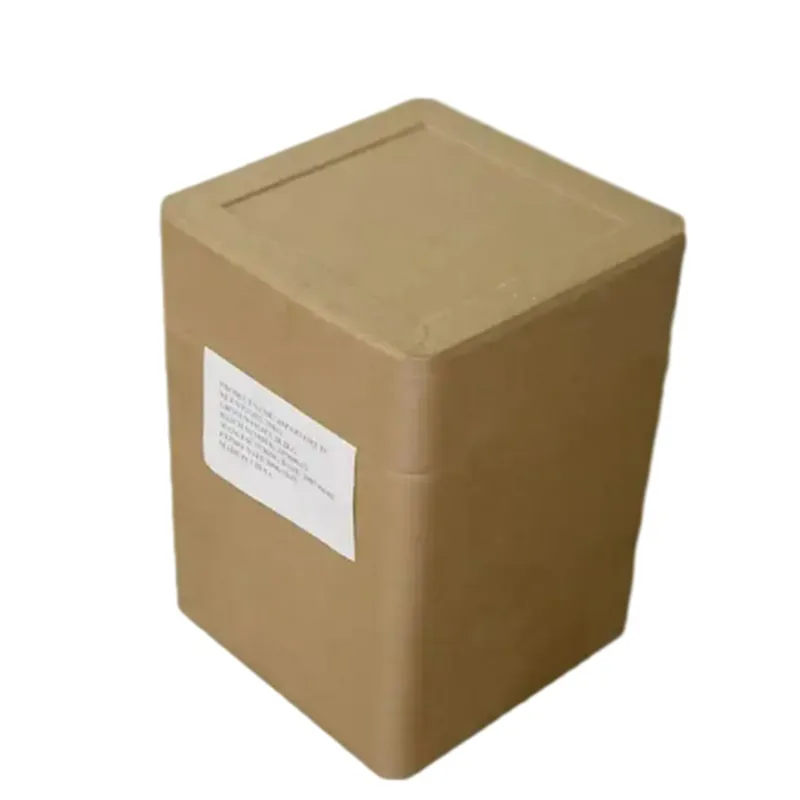
Commonly Utilized Preservatives in Food and Their Effects on Shelf Life
Commonly Used Preservatives Ensuring Food Safety and Quality
Preservatives play a crucial role in the food industry, helping to prolong the shelf life of products and maintain their quality. As consumers increasingly seek convenience, preservatives have become an essential element in modern food production. This article explores the commonly used preservatives, their functions, and the considerations surrounding their use.
What Are Preservatives?
Preservatives are substances added to food products to prevent spoilage caused by bacteria, molds, yeast, and other microorganisms. They also inhibit oxidation, which can lead to rancidity and discoloration. Preservatives come in two main categories natural and synthetic. Natural preservatives are derived from natural sources, while synthetic preservatives are chemically manufactured.
Common Types of Preservatives
1. Salt and Sugar These ancient preservatives work by drawing moisture out of food, creating an environment where bacteria cannot thrive. Salt is commonly used in cured meats, while sugar is often utilized in jams and jellies.
2. Vinegar The acetic acid in vinegar is a natural preservative that can inhibit the growth of bacteria. It is frequently used in pickling vegetables and salad dressings.
3. Sodium Nitrite Often used in cured meats, sodium nitrite helps maintain color and flavor while preventing bacterial growth, particularly the lethal Clostridium botulinum. However, there are concerns about its potential to form carcinogenic nitrosamines when exposed to high heat.
4. Sorbic Acid and Sorbates These compounds are effective against molds, yeasts, and certain bacteria. They are commonly found in dairy products, baked goods, and beverages. Sorbic acid is considered safe for consumption in regulated amounts.
commonly used preservatives

5. Benzoic Acid and Benzoates Commonly used in acidic foods and beverages, benzoic acid prevents the growth of harmful bacteria and fungi. It's often found in soft drinks, fruit juices, and pickled products.
6. Propionic Acid This organic acid is typically used in bread products to inhibit mold growth. It is also found in cheese and other dairy products.
7. Ascorbic Acid (Vitamin C) This antioxidant not only adds nutritional value but also helps preserve freshness by preventing oxidation. Ascorbic acid is often used in fruit products and to maintain the color of certain vegetables.
Safety and Regulations
The use of preservatives is strictly regulated by food safety authorities such as the U.S. Food and Drug Administration (FDA) and the European Food Safety Authority (EFSA). These organizations establish limits on the types and amounts of preservatives allowed in food products, ensuring consumer safety. Consumers concerned about preservatives should read labels carefully, as many countries now mandate the disclosure of additives.
While preservatives serve important functions, there is an ongoing debate regarding their health impacts. Some consumers prefer preservative-free options, believing that natural foods are healthier. This has led to a rise in “clean label” products, which emphasize the absence of artificial additives and preservatives.
Conclusion
In summary, preservatives are vital to ensuring the safety, quality, and longevity of food products. Understanding the types and roles of common preservatives can empower consumers to make informed choices about their diets. While the safety of many preservatives has been thoroughly assessed, it's essential for consumers to stay informed about food additives and to consider their personal health and dietary preferences when choosing food products. As the food industry continues to evolve, finding a balance between modern preservation techniques and natural options will remain a critical aspect of food science and consumer satisfaction.
-
nitrile-rubber-honoring-strict-production-standardsNewsAug.22,2025
-
aspartame-ingredients-honoring-food-safety-valuesNewsAug.22,2025
-
fertilizer-for-balanced-plant-nutritionNewsAug.22,2025
-
cyanide-gold-processing-with-high-purity-additivesNewsAug.22,2025
-
formic-acid-in-textile-dyeing-applicationsNewsAug.22,2025
-
aluminum-hydroxide-gel-in-skincare-productsNewsAug.22,2025
-
Regulatory Compliance for Global Mining Chemicals UseNewsAug.12,2025
Hebei Tenger Chemical Technology Co., Ltd. focuses on the chemical industry and is committed to the export service of chemical raw materials.
-

view more DiethanolisopropanolamineIn the ever-growing field of chemical solutions, diethanolisopropanolamine (DEIPA) stands out as a versatile and important compound. Due to its unique chemical structure and properties, DEIPA is of interest to various industries including construction, personal care, and agriculture. -

view more TriisopropanolamineTriisopropanolamine (TIPA) alkanol amine substance, is a kind of alcohol amine compound with amino and alcohol hydroxyl, and because of its molecules contains both amino and hydroxyl. -

view more Tetramethyl Thiuram DisulfideTetramethyl thiuram disulfide, also known as TMTD, is a white to light-yellow powder with a distinct sulfur-like odor. It is soluble in organic solvents such as benzene, acetone, and ethyl acetate, making it highly versatile for use in different formulations. TMTD is known for its excellent vulcanization acceleration properties, which makes it a key ingredient in the production of rubber products. Additionally, it acts as an effective fungicide and bactericide, making it valuable in agricultural applications. Its high purity and stability ensure consistent performance, making it a preferred choice for manufacturers across various industries.





